Please feel free to contact us if you are interested in our products or want to know more details or the latest price. We sincerely hope to cooperate with customers all over the world! Send your inquiry now!
Cooking oil processing machines which can process various oil seeds, including peanut, soybean, sunflower seed, palm, palm kernel, sesame, rapeseed, cotton seed, etc.,
pvc platicizer epoxidized sunflower oil price in france
- Use: sunflower oil
- Type: sunflower oil extraction equipment
- Production Capacity: 1TPD-500TPD
- Model Number: 6YY-260
- Voltage: According to customer demand
- Power(W): According to project
- Dimension(L*W*H): According to project
- Weight: According to customer demand
- Certification: ISO9001-2008, CE, BV
- Color: According to customer demand
- Production Material: Carbon steel, stainless steel
- Raw material: Vegetable Seed
- Export markets: Europe, Southeast Asia, Africa, etc
- Work principle: Mechanical principle
- Warranty period: One year
- English manual: Yes
- Factory visiting: Yes
- Market: france
1678-5169 nine O Assessment of derived sunflower oil as
The most widely used PVC plasticizer in the world is di-(2-ethylhexyl) phthalate (DEHP) as a primary plasticizer. (DEI), ID47 from Roquette Frères, France, Epoxidized sunflower oil (ESO) and
Using epoxidized sunflower oil as a secondary plasticizer for PVC in conjunction with DEHP was also successful, according to Bouchareb and Benaniba (2008) [88]. Oleic acid was used to create the
Natural weathering of plasticized polyvinyl chloride (PVC
2.1.1. PVC resin . Shintech SE 1200 grade 1 is a PVC resin produced by the American company INC-USA, polymerized in suspension. 2.1.2. The plasticizers . The plasticizers (DOP and DINA) used in the preparation of the different formulations are provided. by the general society of plasticizers (Tunisia). 2.1.3. Epoxidized Sunflower Oil (ESO)
Epoxidized sunflower oil finds its use in PVC plasticizers, whereas epoxidized rubber, jatrophas, and khaya oils have been reported to decrease the thermal degradation of PVC. 5,90, 91 Epoxidized
Research progress of novel bio-based plasticizers and their
Biomass renewable resources have wide range of sources and low prices, and the chemicals obtained from them have various structures, which can provide a huge platform to design novel PVC plasticizers with the aim of replacing traditional phthalate plasticizers. Many bio-based PVC plasticizers, such as vegetable oil-based plasticizers, cardanol
First, optimum loading of epoxidized soybean oil (ESBO) in PVC matrix was determined as a substitute of di-octyl phthalate by increasing loading from 20, 40, 60, 80, and 100 phr of total plasticizer. The plasticizer was compounded with PVC resin on a two-roll mill at 170 °C.
Discoloration of PVC sheets plasticized with epoxidized
Using epoxidized sunflower oil as a secondary plasticizer for PVC in conjunction with DEHP was also successful, according to Bouchareb and Benaniba (2008) [88]. Oleic acid was used to create the
Plant oil-based plasticizers include epoxidized oils and epoxidized fatty acid esters from soybean oil [20,21], rubber seed oil [22], linseed oil [18], and sunflower oil [23].
Recent Attempts in the Design of Efficient PVC Plasticizers
In 2018, Lee et al. reported the synergistic effects of cardanol-based plasticizers (cardanol acetate (AC) and epoxidized cardanol acetate (ECA) mixed with epoxidized soybean oil (ESBO). PVC blends were prepared by the addition of 30 or 50 phr of plasticizer to PVC dissolved in tetrahydrofuran, and some formulations were further supplemented
Keywords: PVC, epoxidized sunflower oil, epoxidized sunflower oil methyl ester, isosorbide diesters, acetyl tributyl citrate. 1. Introduction Poly (vinyl chloride) (PVC) is very present in daily
Is epoxidized sunflower oil a plasticizer?
The plasticizing effects of epoxidized sunflower oil (ESO) on the properties of PLA were investigated. ESO is a novel bio-sourced plasticizer environmentally friendly, cost-effective and technical solution to overcome the high intrinsic fragility of PLA and widen its industrial applications.
Does epoxidized sunflower oil affect tensile strength of PVC plastics?
PVC samples with partial substitution of DEHP were investigated in different epoxidized sunflower oil (ESO)/DEHP ratios. Tensile strength of PVC plastics with ESO was lower than with pure DEHP; however, elongation at break decreased with the increasing ESO content.
Is sunflower oil epoxidized?
Sunflower oil is a renewable resource which was modified by epoxidation. Epoxidized sunflower oil was used as not toxic and environment-friendly additive (thermal stabilizer and plasticizer) in polymer formulations and specially poly vinyl chloride [ 20, 21, 22, 23, 24 ]. In this study, commercial sunflower oil was epoxidized.
What are vegetable oil-based plasticizers?
In recent years, a lot of research has been devoted to the synthesis and the possibilities of using vegetable oil-based plasticizers such as epoxidized soybean oil (ESBO), epoxidized cottonseed oil (ECO), epoxidized broccoli oil (EBO), epoxidized palm oil (EPO), epoxidized jatropha oil (EJO) and fatty acid esters (FAEs) [ 7 ¨C 13 ].
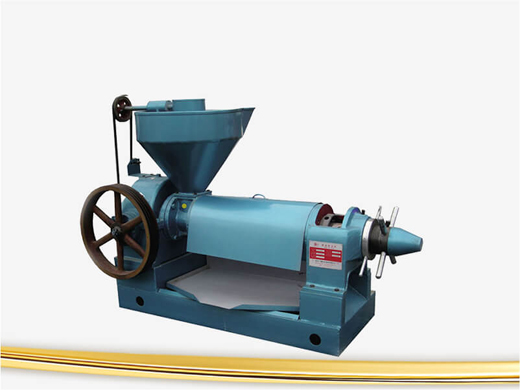
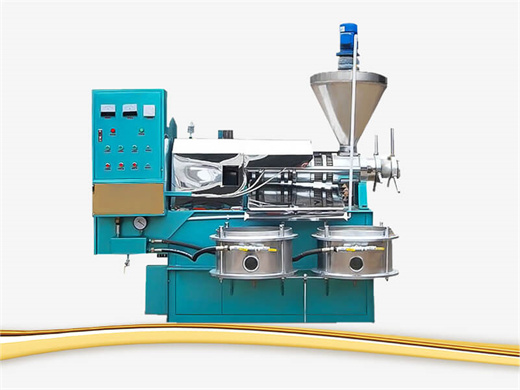
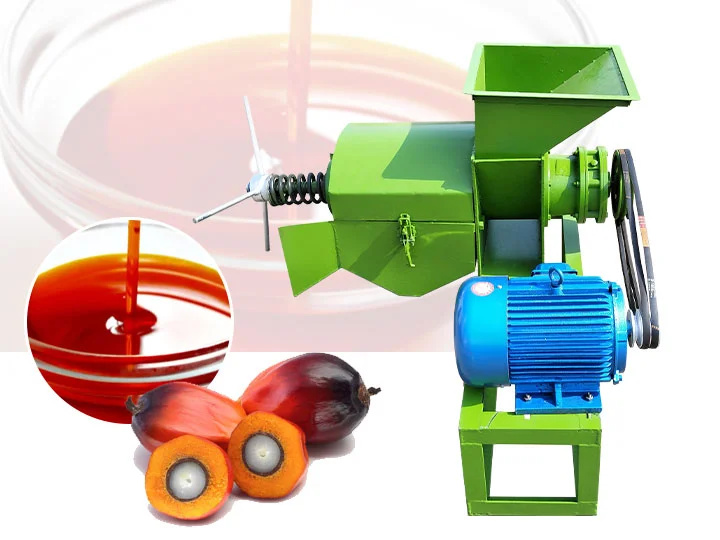
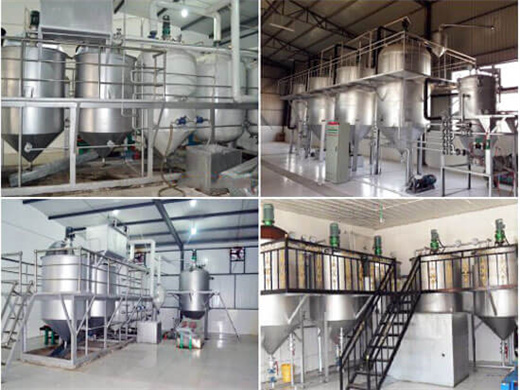
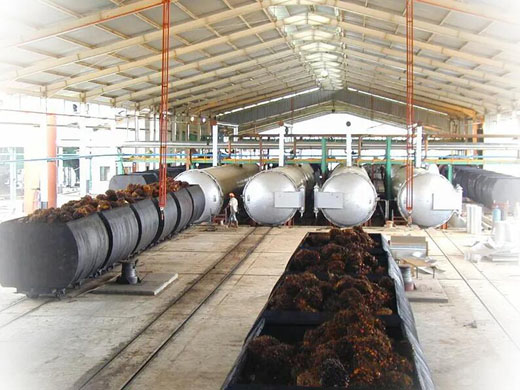
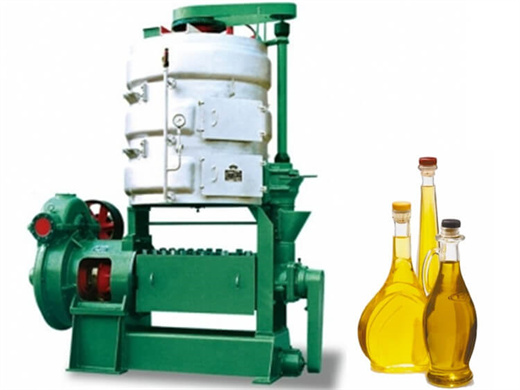
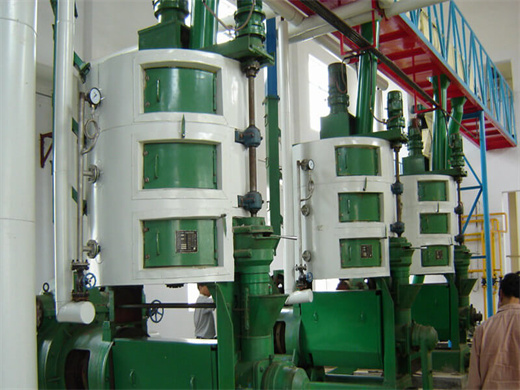
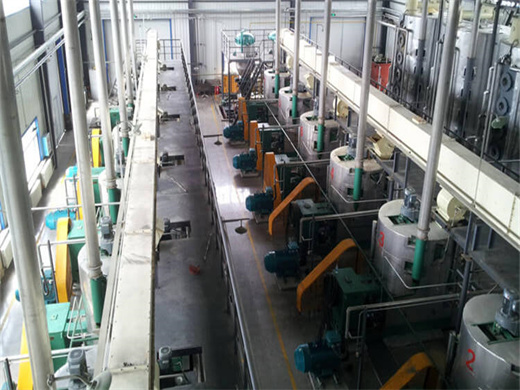




















REQUEST A QUOTE
Submit your enquiry, Our professional team will reply to you within one business day.Please feel free to contact us!